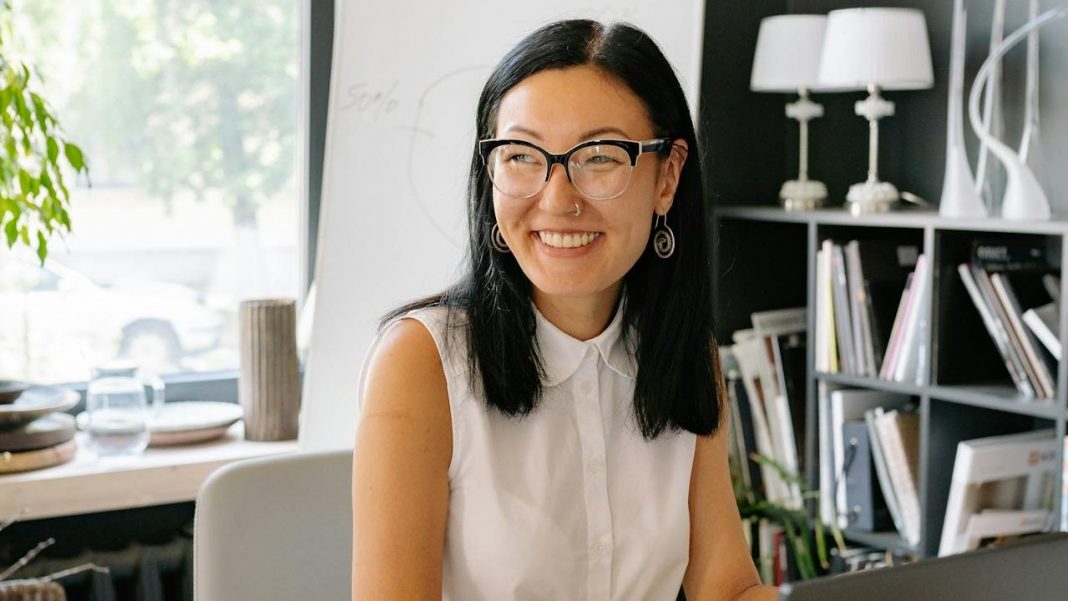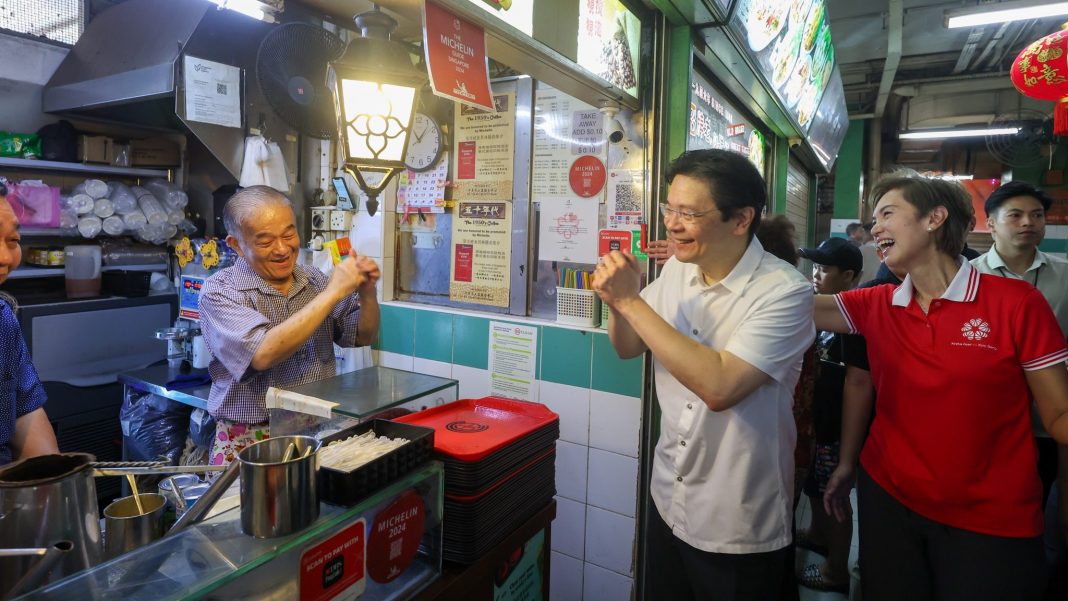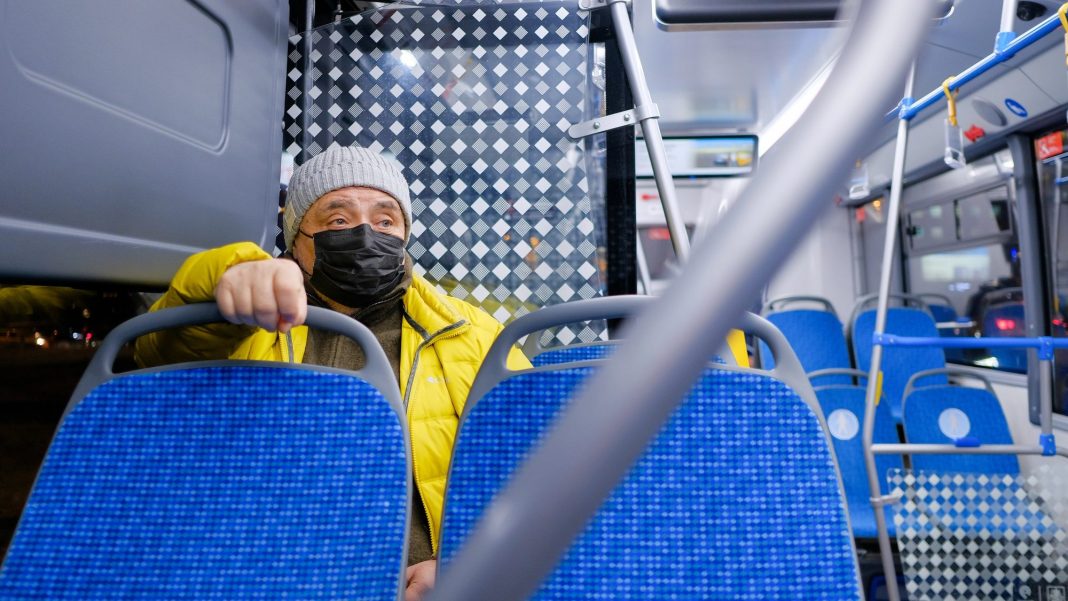The traditional dress code in the workplace is undergoing a significant transformation. Employees, especially from younger generations like Gen Z and millennials, are swapping formal suits for a more relaxed, comfortable, and expressive dressing style.
While some still hold onto the notion of dressing up for professionalism, many believe this shift reflects a broader change in workplace culture.
A shift toward comfort and expression
In a Straits Times article, Jessica Xu, a civil servant, had a strong reaction when she saw a colleague wearing Birkenstocks at the office. At just 26, she believes in the importance of dressing up for work, seeing it as an expression of pride and self-respect.
While her office lacks a formal dress code, and many employees opt for casual T-shirts, Xu prefers to dress up because it boosts her confidence and reflects her passion for fashion.
The trend of prioritizing comfort and individuality in workplace attire is becoming more prevalent across generations.
According to Linda Teo, country manager at recruitment firm ManpowerGroup, many companies have relaxed their dress codes in favour of more employee-centric approaches that emphasize comfort, personal expression, and individuality.
Employees are increasingly blending contemporary fashion trends with professional attire to reflect their unique style while adhering to their organization’s guidelines.
Pandemic impacts and changing industry norms
The COVID-19 pandemic, which forced many employees into remote work, has played a role in shifting priorities when it comes to office attire.
With comfort and practicality taking precedence during this time, companies have been adapting their dress codes to accommodate these new preferences as workers return to the office.
For Lea O’Hara, a 24-year-old language model specialist, comfort is paramount. Her go-to work attire includes crop tops or tank tops paired with long skirts, tailored pants, or jeans.
She appreciates the flexibility of working in the tech industry, where formal attire like blazers or heels is not required. O’Hara believes that dressing comfortably enhances her productivity, as it helps her stay focused without the distractions of uncomfortable clothing.
While she avoids overly casual attire, like T-shirts and shorts, she values a relaxed dress code that fosters both comfort and self-expression.
However, not all employees embrace this new norm. Rachel, a 29-year-old customer success partner, prefers to maintain professional attire to preserve a distinction between her personal and work life.
While she works at a company with no formal dress code, Rachel believes dressing casually could impact workplace behaviour, possibly encouraging less professional conduct. She advocates for more modest, professional clothing, even in casual environments.
The balancing act — Industry norms and personal expression
Industry norms continue to play a significant role in shaping the appropriateness of workplace attire.
While sectors like finance and law may still favour a more uniform, conservative appearance, industries such as fashion, entertainment, and media are more open to creative and bold choices that reflect the dynamic nature of these fields.
Teo notes that even in traditionally formal sectors, companies are increasingly adopting smart-casual or business-casual dress codes.
Formal attire, which can foster a sense of power and confidence, contrasts with casual clothing that tends to promote a relaxed, approachable vibe. Both styles have their psychological benefits, adding a layer of complexity to the ongoing evolution of workplace dress codes.
Ultimately, there is a growing push for broader acceptance of individuality in the workplace. O’Hara hopes that people in more traditional industries and older generations will come to appreciate the value of personal expression through attire.
From tattoos to colourful hair to niche styles, she believes that appearance should not be tied to one’s job performance, and it’s time to challenge outdated perceptions of what is considered “professional.”
As workplace culture continues to evolve, the intersection of comfort, style, and professionalism will undoubtedly shape the future of work attire, allowing individuals to feel empowered and authentic in their everyday outfits.






